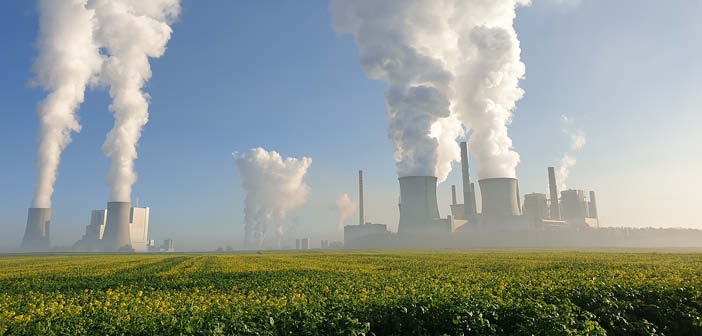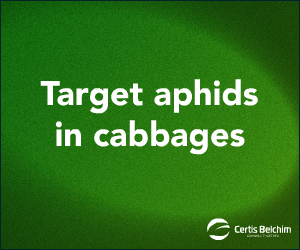Anti-pesticide campaigners have claimed that more action is required from the UK government to reduce the use of crop protection products in the UK in order to meet targets on reducing greenhouse gas emissions.
The claims were made in a new report from the Pesticides Action Network (PAN) UK and the Pesticide Collaboration, with support from Greenpeace.
‘Pesticides exacerbate the climate emergency throughout their lifecycle via manufacturing, packaging, transportation, application, and even through environmental degradation and disposal,’ PAN said in a statement ‘Many of the world’s biggest oil companies such as ExxonMobil, Shell and ChevronPhillips Chemical produce pesticides or their chemical ingredients.’
While the volumes of active ingredients of many crop protection products used in the UK have dropped significantly, others, such as glyphosate (drive by a move towards increased use of cover crops and conservation agriculture techniques) have increased. According to PAN, manufacturing one kilo of glyphosate produces more than 31 kilos of CO2e.
Greenpeace UK’s chief scientist and policy director Doug Parr said: “Unless we change our approach, the impacts of the climate emergency are expected to lead to an increase in pesticide use, which will create a vicious cycle between chemical dependency and worsening climate breakdown.
“As temperatures rise, the amount of pests increase and crop resilience goes down, requiring ever-larger amounts of pesticides. This rise in pesticide use will cause insects and weeds to develop resistance to herbicides and insecticides in greater numbers.”
The groups said that ‘governmental policies addressing climate change should, therefore, include a focus on pesticide reduction as a key strategy for tackling greenhouse gas emissions and improving the climate resilience of food and farming systems.’














